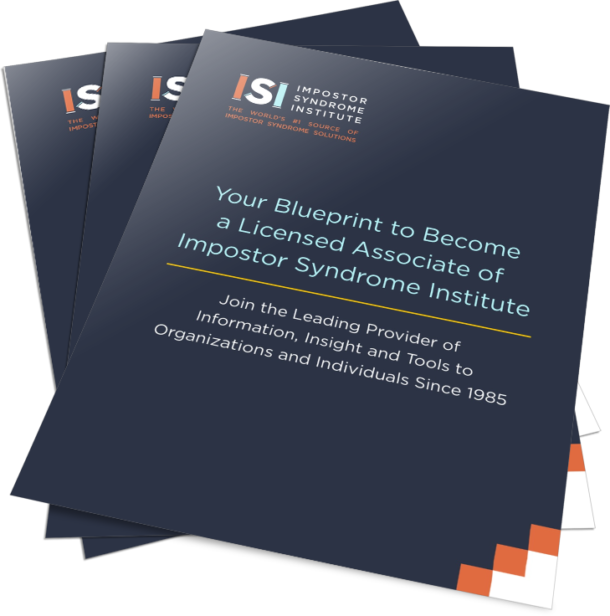Even well-meaning parents can inadvertently send messages that impact how competent and confident their children later feel.
If the only response to earning all As and one B is, “What’s that B doing there?” the child quickly learns that the only thing that’s acceptable is perfection.
And for kids, praise is like oxygen.
Other kids earned outstanding grades and yet received no praise at all.
Regardless of the many reasons why good parents might not praise a child for academic achievement, it can set them up for a lifelong craving for approval.
Then there are young people who get a little too much oxygen.
Kids who are constantly told they’re extraordinary, brilliant even.
Sooner or later, they run into something hard – advanced calculus, mastering a second language, art, public speaking which causes them to question their parent’s assessment.
No child is immune from the impact of family messages and expectations.
I meet students who feel intense pressure to excel in medicine, law, or engineering.
And when they fall short of their family’s expectations, they judge themselves lacking.
I’ve met others who wanted to become doctors or lawyers or engineers, but we’re told to lower their sights.
Teachers and other significant adults can also shape our view of ourselves – for better or worse.
Michelle Obama’s high school guidance counselor told her she “wasn’t Princeton material.”
I’m not a psychologist, but I’d wager to say that far more damage is done by underestimating young people than the opposite.
I encourage anyone with impostor feelings to examine how significant adults in your life responded to early successes and failures.
Exercise: Exploring Early Messages and Expectations
To begin, think of an early success, preferably something you were proud of. It could be something you excelled at, that came easily to you, that you won or achieved.

- What was your response at the time?
- Were you excited, embarrassed, surprised, or proud?
- Did you celebrate, or did you beat yourself up for not doing even better?
- Did you tell your friends or keep a low profile?
- How did your family and/or other significant adults respond to this success?
- Did they reward, praise, encourage, or ignore you?
- Were they excited, disappointed, ambivalent, or proud?
- How do you think this experience has impacted how you respond to success today?
Of course, there’s the other side of the achievement coin—failure, challenge, and mistakes.
Here you’ll want to think back on a memorable “failure” or challenge you experienced as a child or young adult.
- Was there something you found especially difficult—for example, reading, math, art, learning a language, or athletics?
- Perhaps something you performed poorly at or blew, like the big game, a test, or a class presentation.
- Did you consider not making honors or winning a prize at the science fair to be a failure?
How did you respond to this early difficulty?
- Were you embarrassed, disappointed, or upset?
- Did you beat yourself up or shrug it off as no big deal?
- Did you try harder, or did you feel discouraged and give up?
- Did you share your feelings with others?
- Were you punished, comforted, encouraged, protected, ignored, or rescued?

- If relevant, how did teachers, coaches, or other significant adults in your life respond?
- Finally, what impact do you think this experience had on how you respond to failure, difficulty, and risk-taking today?
Not All Experiences Are Defining
For some, family dynamics can play a role in fostering impostor syndrome.
At the same time, a deep dive into childhood messaging is, in my experience, not a prerequisite to addressing impostor syndrome.
Even if everyone with impostor syndrome had the inclination, access, or means to take advantage of therapy, framing the alleviation of impostor syndrome as contingent on discovering childhood wounds or other single origin has the potential to delay – or even derail the search for solutions.
A 44-year-old Brit named Adam wrote of wrestling with “low self-esteem and a lack of belief for as long as I can remember.”
For years Adam said he thought he “was constantly ‘faking it’, or ‘getting away with it’, fearing that I would one day be found out for not being as good as people thought I was, or as how I portrayed myself to be.”
To learn there’s a name for these feelings and other people feel the same was, he said, “a revelation.” However, Adam was struggling to find the source of these feelings.
Having seen a few counsellors over the last 20 years, the focus has always seemingly been on trying to get to the bottom of some ‘emotional trauma’, which has led to the sense of being an imposter. In truth, I have led a relatively charmed, lucky life and I consider myself lucky and blessed in so many ways – I grew up in a loving home, had great opportunities, was relatively bright at school, good at sport, popular with friends and girls, went to university, travelled etc.
Would understanding where my sense of inadequacy, and constantly (negatively) comparing my skills with others, has come from, help in really getting over it once and for all and then being the confident self I long to be?
The short answer to Adam’s question is, in my view, yes, it would help to understand why he and countless millions of people around the world feel like impostors.
But not solely through the singular lens of emotional trauma, family-originated or otherwise.
The point is, we weren’t all raised by the same parents.
And we certainly didn’t all get the same messages.
Even with the most supportive parents, no one grows up in a vacuum.
So do explore your own childhood experience.
Just don’t get stuck there.
If you make impostor syndrome all about family dynamics, you can spend years in therapy and do little to move the impostor needle.
By thinking of impostor syndrome in purely individual terms, we risk missing important situational, occupational, and societal reasons that can explain why any of us might experience impostor syndrome.
Stop Watching Your Clients Struggle — Help Them Overcome Impostor Syndrome with a Framework that Really Works.
Join coaches in 22 countries using the leading evidence-based method that turns self-doubt into lasting confidence — for your clients and yourself.




